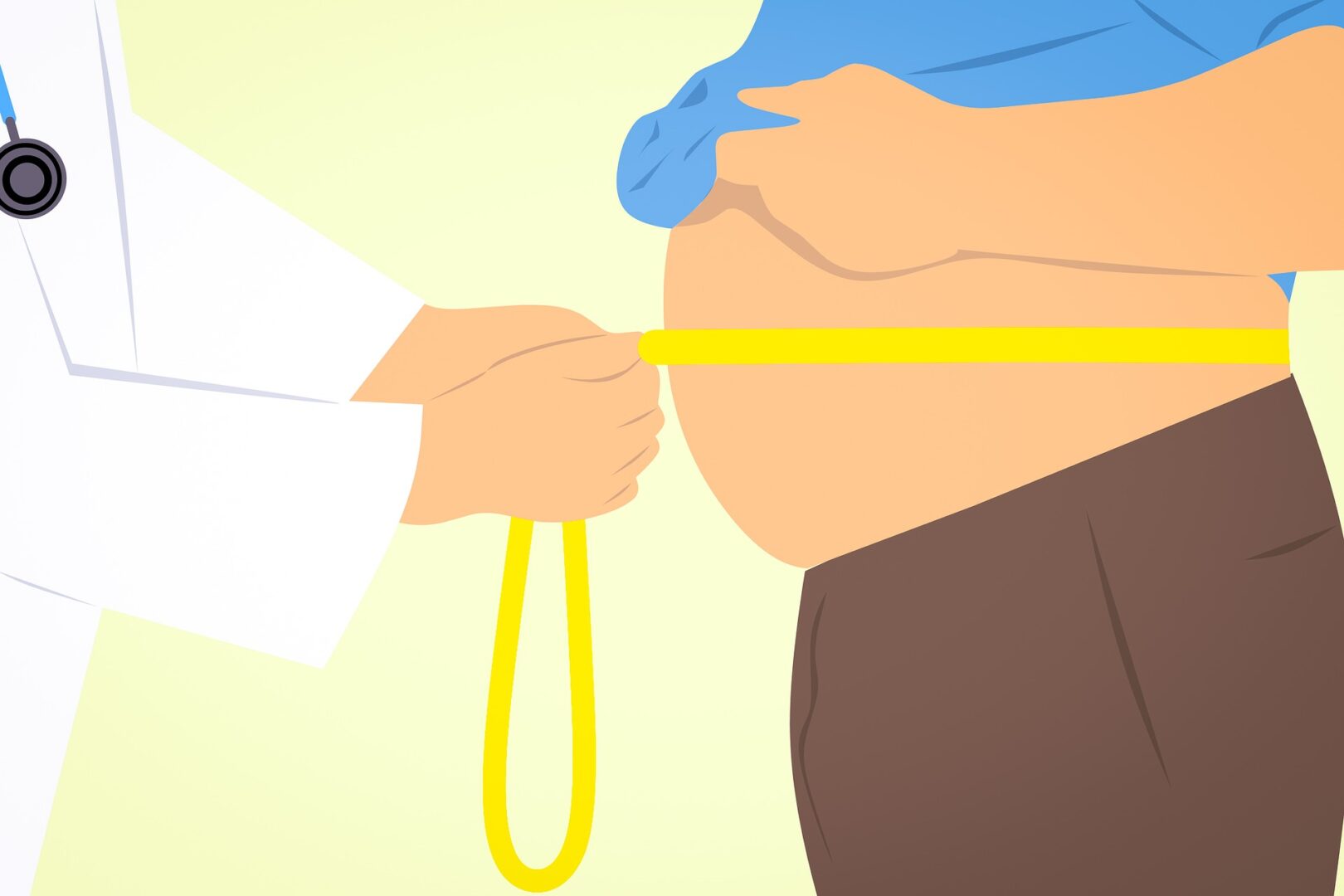Are you one of those people who goes on a diet, loses weight, then gains it right back?
Is your Body Mass Index (BMI) greater than 30 (that puts you in the obese category) according to calculations? Is your waist measurement bigger than your hips?

Eat Less Move More
You and I have always been told – Eat less if you want to lose weight and start exercising. Did that, lost some weight, and then – gained it back and maybe even more. You are not alone! Over the next several blog posts, I will try to break down the theory that Dr. James Fung, author of The Obesity Code proposes. This information may give you another way to look at your weight and health. It may help you understand what’s going on with your body, what and how you eat and help you get back on track, no pun intended – well maybe a little.

Proximate and Ultimate Cause
To understand weight gain, we need to understand the concept of proximate and ultimate cause.
Let’s take the example of having a big meal or several over a few days. The excessive calories you ingested may be the proximate cause of weight gain. OK, you went on vacation and came home five pounds heavier- argh. So, that vacation splurge is the proximate cause but not the ultimate cause. What does it all mean? The proximate cause is what happened immediately o. weight gain after vacation. The ultimate cause is the journey or chain of events that is the cause of being overweight or obese. We will discuss that later. According to Dr. Fung, it is the ultimate cause that is of interest.
An Example of Proximate and Ultimate Cause
He uses the example of alcoholism to highlight the differences. The proximate cause of being drunk is drinking too much alcohol. The ultimate cause is why alcoholism occurs in the first place. This could include the following:
- The addictive nature of alcohol,
- a family history of alcoholism,
- excessive stress,
- or an addictive personality, etc.
In the case of alcoholism or obesity, it is looking at that ultimate cause and designing a plan around that cause.
Your Set Weight
Dr. Fung sites study after study that the many diets and exercise modalities did nothing to lead to “permanent” weight loss. Every diet works and no diet works. We hear the same story time after time, “I diet and exercise like crazy, hit my target goal and then the weight creeps back.” Dr. Fung proposes that obesity is a hormonal dysregulation of fat. The body has a “set weight” (much like you would set a thermostat in your home) and if that set weight is not maintained, the body will stimulate your appetite or slow your metabolism to get to that “set weight“, just like your automatic thermostat would adjust the heat or cooling to the set temperature.
Up Next in Part 2
Our next post will begin looking at hormones and the effect of glucose and insulin.
